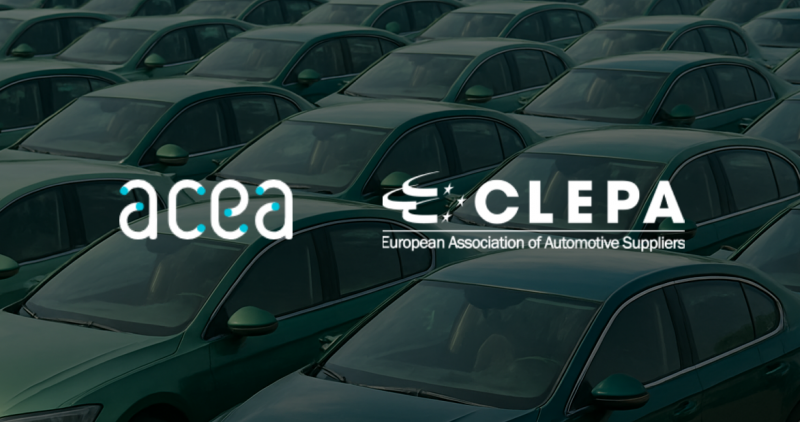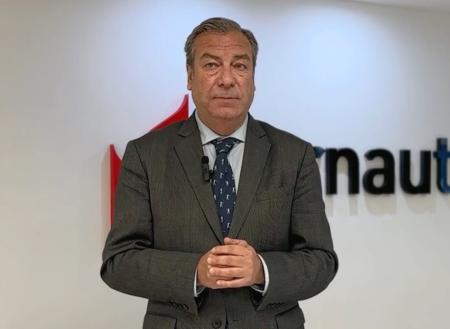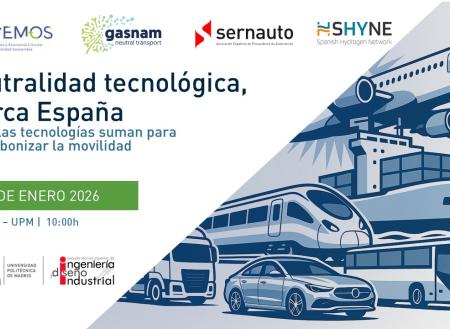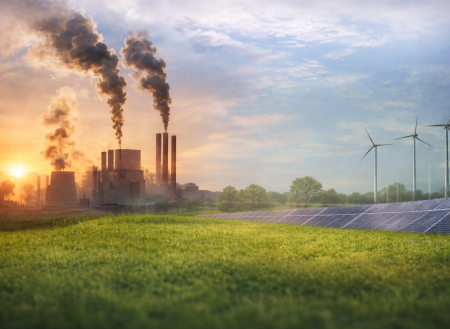Automotive industry urges EU to strengthen green transition strategy
Europe’s automotive suppliers and manufacturers have issued a joint call for the EU to recalibrate its green transition strategy. Ahead of the Strategic Dialogue meeting with Commission President Ursula von der Leyen on 12 September, they warn that without a more holistic policy framework, Europe risks undermining its industrial competitiveness.
In a joint letter signed by Matthias Zink, President of the European Association of Automotive Suppliers (CLEPA), and Ola Källenius, President of the European Automobile Manufacturers’ Association (ACEA), industry leaders stress the sector is ready to invest in and deliver the technologies needed for decarbonisation. However, Europe currently faces near-total dependency on Asia for the battery value chain, uneven charging infrastructure, high manufacturing costs—including electricity—and burdensome tariffs, such as the 15% duty on EU vehicle exports to the US.
The current EU framework lacks the flexibility and industrial perspective needed to make the transition viable. To accelerate adoption, the sector calls for:
- Stronger demand-side incentives (purchase subsidies, tax cuts, lower charging costs).
- Technology neutrality as a core regulatory principle, safeguarding all technologies that can contribute to decarbonisation (EVs, plug-in hybrids, range extenders, highly efficient internal-combustion-engine (ICE) vehicles, hydrogen and decarbonised fuels).
- Fair treatment of plug-in hybrid vehicles (PHEVs) as tightening rules on the electric driving ‘utility factor’ could give a competitive advantage to non-EU manufacturers.
- Consideration of emission cuts in manufacturing and supply chains.
- Faster revision of truck and bus CO₂ rules.
- Policies that boost supply chain resilience in batteries, semiconductors, and raw materials.
- Europe’s competitiveness, production capacity and technological know-how must be safeguarded to prevent the transition from hollowing out the industrial base, jobs, and supply chain resilience.
Current 2030 and 2035 CO₂ targets are no longer feasible without policy changes. CLEPA and ACEA see the upcoming Strategic Dialogue on 12 September as the EU’s last chance to align climate goals with industrial realities.







